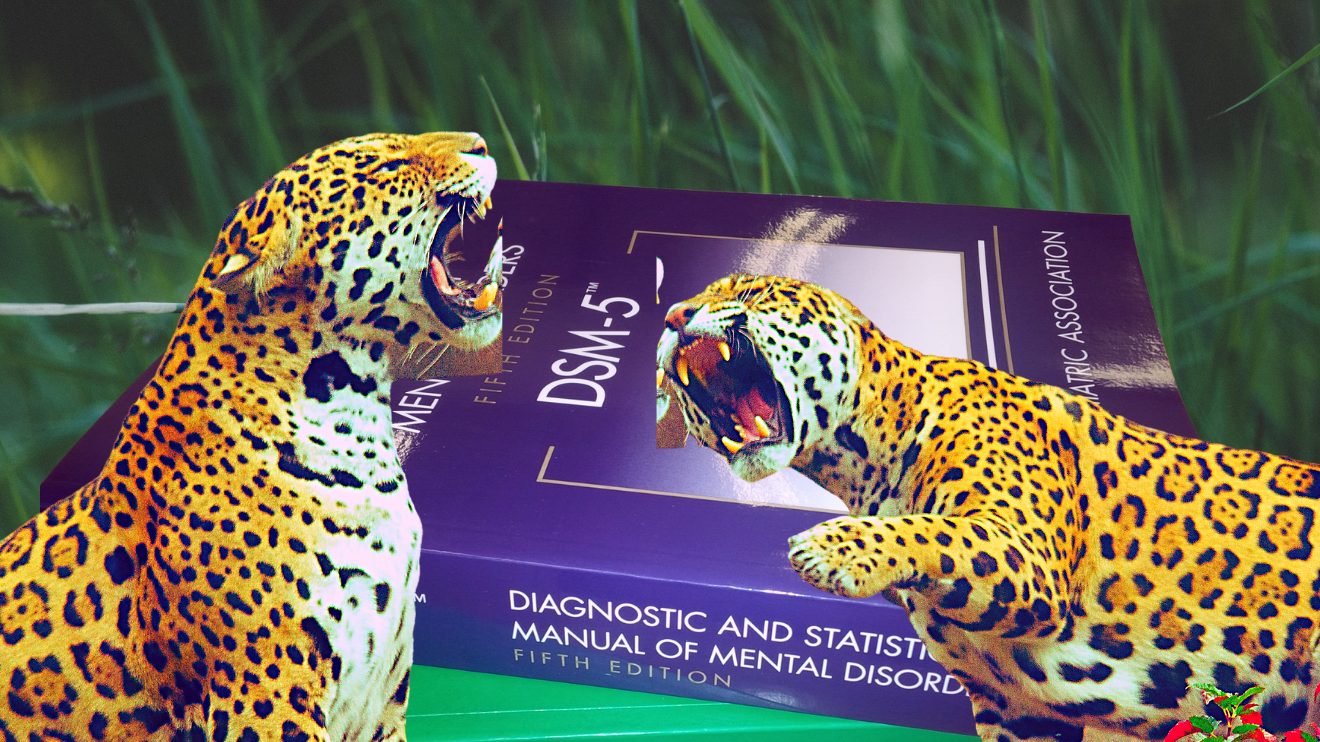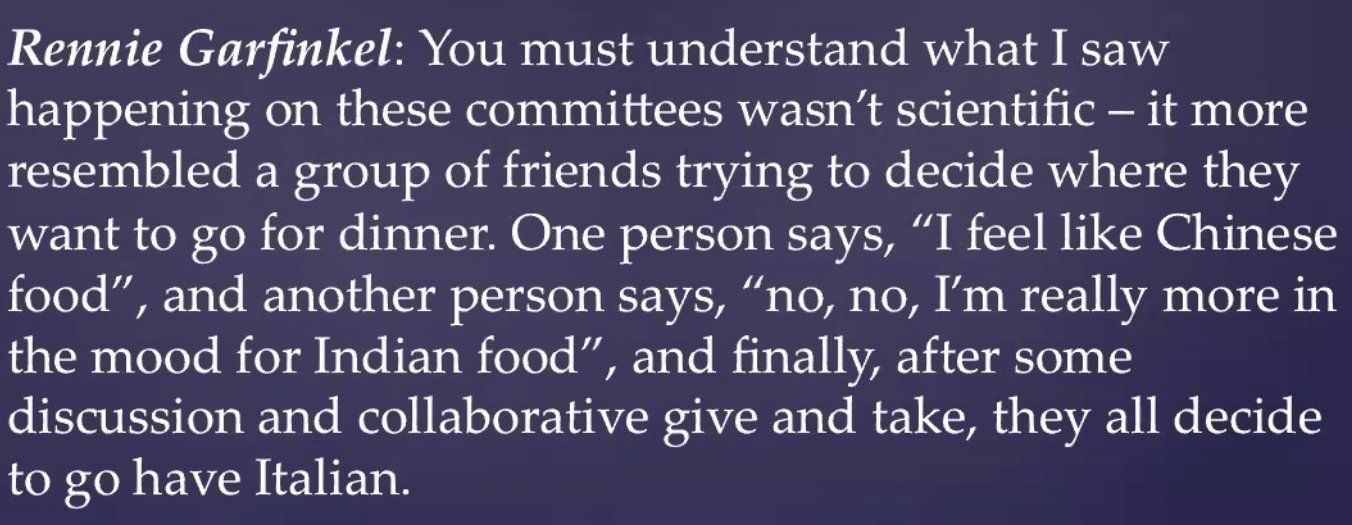
DSM is a #1 bestseller on Amazon. Its review page is a hilarious cultural war zone.
The reviews of the DSM-5-TR on Amazon are a Tarantino take on Laurel and Hardy: violent, moody, and very LOL.
I couldn't help sending this quick extra edition for the week, because I've just discovered a hilarious corner of the internet and simply had to share the joy with you.
Per a report by Axios that just hit my inbox, the paperback version of the Diagnostic and Statistical Manual's (DSM) latest version, DSM-5-TR (TR = 'text revision'), priced at a cool US$129, is now the #1 bestselling psychiatry title on Amazon.
This, after its e-version made it to the Wall Street Journal's nonfiction bestseller list in the last week of May.
This new edition of the tome, published by the American Psychiatric Association (APA) and tiringly described as 'psychiatry's bible' (including by me), came to the market a couple of months ago. You might remember the kerfuffle around the latest diagnosis it proposed, a ghastly idea called 'prolonged grief disorder' that sought to effectively ab-normalise excessive and excessively long grief.
For those unfamiliar with its legacy, such shenanigans are routine for the DSM, and lampoons targeting its tendency to pathologise every human emotion are a highly entertaining genre by themselves. Here's just one ROFL critique of the bizarre world of the DSM:
In September 2020, I attended an online event called 'A Disorder for Everyone', dedicated to debunking psychiatric labels of the kind propagated by the DSM. One of the speakers, James Davies, author of Cracked: Why Psychiatry Is Doing More Harm Than Good, quoted someone who saw firsthand the working of a DSM review committee and described the process as 'friends arguing over Chinese or Indian food for dinner'. I produce below for your amusement an actual screenshot from Davies' presentation:

All this mockery doesn't go uncontested – far from it. Any number of psychiatrists out there will tell you that (in spite of its flaws) the DSM is a valuable tool, and the diagnostic criteria it offers are vital to expand care to everyone who needs it (and needs insurance). Said defenders of the faith will have you know that anyone unable to get over the DSM's errors and oddities is no better than an unreasonable, cranky child, or a blathering oldie past their intellectual sell-by date.
Anyhoo, back to the DSM's latest exploits as a chartbuster on public marketplaces like Amazon, and the attention it is generating on popular, new-age media platforms like Axios with immense reach – it had 700,000 subscribers according to a New York Times story earlier this year.
Make no mistake – this is a pivotal moment playing out right before our eyes. What is happening here is that a quaint debate that nobody save mental healthcare practitioners and a handful of activists and advocates cared about is spilling out into the open. We are watching the gung-ho mainstreaming of the culture wars around the DSM, and by extension, psychiatry. And it's SO. MUCH. FUN.
